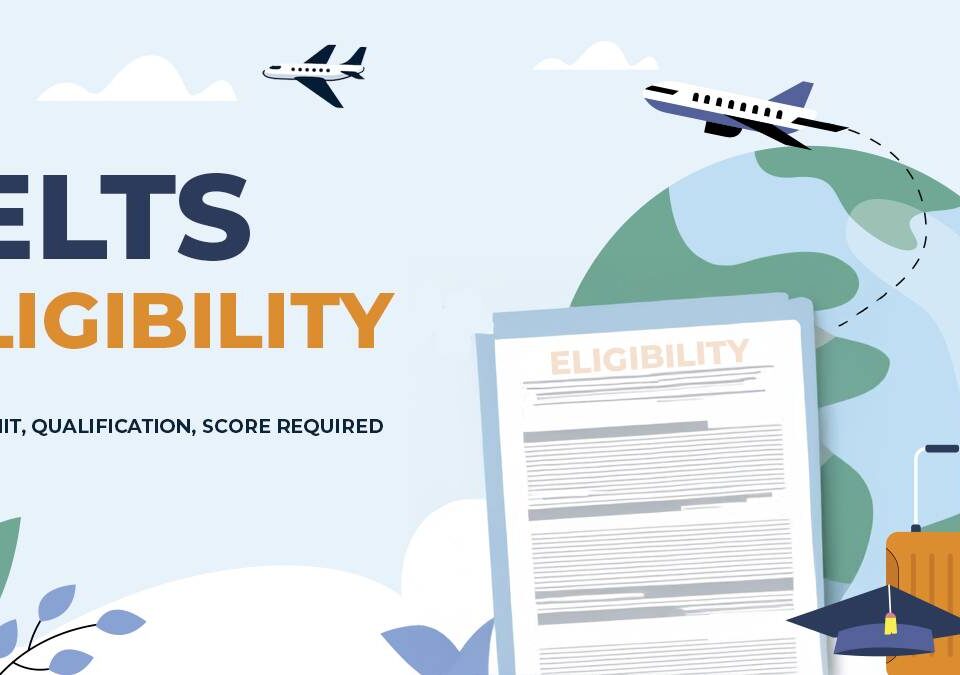9 Proven Strategies to Manage Your Time During the IELTS Test

Understanding IELTS Score Validity in 2024: What You Need to Know
August 6, 2024
January Intake in Canada 2025: Deadlines & Top Universities
August 22, 2024Preparing for the IELTS test can be daunting, especially when it feels like time is slipping through your fingers. The clock becomes both your enemy and your guide during this crucial exam. However, with the right strategies, you can manage your time effectively and maximize your score.
In this blog post, we’ll explore nine proven strategies to help you manage your time during the IELTS test. These tips are designed to make your preparation more efficient and your performance more confident. Whether you’re a first-time test-taker or looking to improve your score, these strategies will set you on the path to success.
For the best guidance, consider the Best IELTS Institute in Dehradun to help you prepare effectively!
Understanding the IELTS Test Structure
The first step in mastering time management is understanding the test structure. The IELTS test comprises four sections—Listening, Reading, Writing, and Speaking. Each section has a specific time limit, and knowing these can help you allocate your time wisely.
The Listening section lasts 30 minutes and includes four recordings. The Reading section gives you 60 minutes to answer 40 questions. The Writing section also lasts 60 minutes and consists of two tasks. Finally, the Speaking section, which is 11-14 minutes long, tests your conversational skills.
Familiarize yourself with these durations to better pace yourself during the test.
The Importance of Practice Tests
Practice tests are invaluable for time management. They simulate the real test environment, allowing you to get used to the pressure of the clock. By regularly taking practice tests, you can identify which sections require more time and which you can complete swiftly.
Start by timing each section individually. Once comfortable, attempt full-length practice tests. This gradual approach helps build endurance and familiarity with the test format.
Regular practice not only boosts your confidence but also fine-tunes your time management skills.
Prioritize Difficult Sections
Everyone has strengths and weaknesses. Identifying the sections you find challenging allows you to allocate more time to them. For instance, if you struggle with the Reading section, plan to spend extra minutes there.
This prioritization ensures that you don’t spend too much time on easier sections, leaving ample time for the more difficult parts. It’s about balancing your efforts to maximize your overall score.
Make a habit of tackling the hardest sections first during your practice sessions.
Skim and Scan Reading Techniques
The Reading section can be particularly time-consuming. Skimming and scanning are two techniques that can save valuable minutes. Skimming involves quickly reading through a passage to grasp its main idea, while scanning requires looking for specific information or keywords.
These techniques help you avoid getting bogged down by details. Instead, they allow you to gather essential information quickly, leaving more time to answer the questions.
Practice these techniques with various reading materials to become more efficient.
The Art of Note-Taking
Effective note-taking is crucial for the Listening and Writing sections. During the Listening section, jotting down key points helps you remember important details without losing focus. Use abbreviations and symbols to save time.
In the Writing section, outlining your thoughts before you start writing can prevent writer’s block. A quick outline organizes your ideas, ensuring that your essay flows logically and coherently.
Develop a shorthand system that works for you and practice it regularly.
Time Allocation for Writing Tasks
The Writing section requires careful time allocation. Task 1 should take around 20 minutes, leaving 40 minutes for Task 2. This distribution allows you to complete both tasks without feeling rushed.
Start with Task 2 since it carries more weight in your overall score. Once completed, you can return to Task 1 with a clear mind. This strategy ensures that you give adequate attention to both tasks.
Monitor your time closely and practice this allocation during your preparation.
Active Listening Strategies
The Listening section demands active engagement. Instead of passively hearing the recordings, focus on understanding the context and anticipating the answers. Predicting what might come next keeps your mind alert and responsive.
Remember to move on if you miss an answer. Dwelling on missed information can cause you to lose track of the ongoing recording. Stay focused on what’s ahead.
Practice active listening with various audio materials, such as podcasts and news reports.
Stay Calm and Collected
Nervousness can derail even the best time management plans. Staying calm during the test is essential. Deep breathing exercises and positive visualization can help reduce anxiety.
Remember, it’s normal to feel nervous. Acknowledge your feelings and focus on the task at hand. If you encounter a difficult question, stay composed and move on. You can always return to it later.
Building a calm mindset through relaxation techniques is beneficial not just for the IELTS but for any high-stakes situation.
Post-Test Review and Reflection
After taking practice tests, spend time reviewing your performance. Identify areas where you lost time and think about how you can improve. Reflecting on your mistakes helps you avoid them in the future.
Discuss your difficulties with teachers or peers. Sometimes, an outside perspective can offer new strategies or insights that you hadn’t considered.
Regular reflection and feedback are crucial for continuous improvement.
Final Thoughts
Mastering time management during the IELTS test is a skill that can significantly boost your performance. By understanding the test structure, practicing regularly, prioritizing difficult sections, and staying calm, you can optimize your time and achieve your desired score. Remember, preparation is key. Start implementing these strategies in your study routine today. The more you practice, the more confident and efficient you’ll become.
Ready to take your IELTS preparation to the next level? Kanan Dehradun for more tips and tricks. Good luck! And remember, if you’re looking for the Best IELTS Institute in Dehradun, we’ve got you covered!


